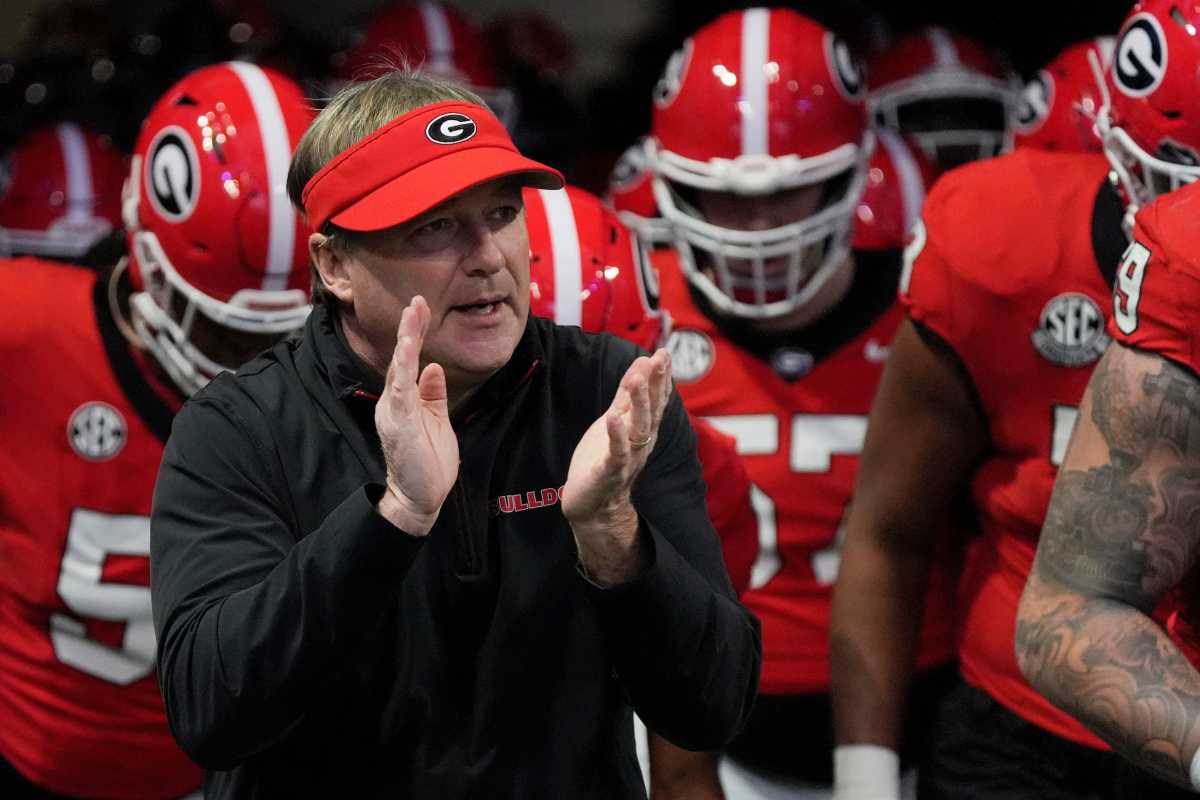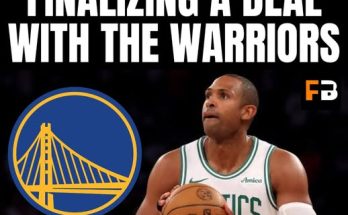In the past few years, the landscape of college athletics has been drastically altered with the implementation of the Name, Image, and Likeness (NIL) rules. The introduction of NIL rights, which allows college athletes to profit from their personal brand and likeness while still maintaining their eligibility, marked a historic moment in collegiate sports. For powerhouse programs like the Georgia Bulldogs, this new era presents unique challenges and opportunities, with implications not only for the athletes themselves but also for the entire program, its administration, and its supporters.
The University of Georgia (UGA) Bulldogs, a school with a rich athletic history, particularly in football, are already one of the premier programs in the nation. The football team, led by Coach Kirby Smart, is a perennial national contender. As such, the implications of NIL changes are especially significant, and the decisions made in the coming years will shape not only how the Bulldogs continue to compete at the highest level but also how they position themselves within the rapidly evolving world of college athletics.
The Impact of NIL on College Athletics
The NIL era began in July 2021, when the NCAA officially adopted a policy allowing college athletes to benefit financially from their name, image, and likeness. Prior to this, college athletes were prohibited from profiting from their athletic achievements, even as coaches, universities, and sponsors reaped substantial financial rewards. The NIL legislation was largely seen as a response to public outcry about the financial disparity between athletes and the institutions and organizations that profit from their talents.
Under the new NIL rules, athletes can sign endorsement deals, promote products on social media, participate in advertisements, and receive compensation for their personal brand. This development has opened up new avenues for athletes to earn money while maintaining their collegiate eligibility. While many of the initial focus areas centered around individual athletes, the ripple effect has been felt across collegiate programs, especially in high-profile sports like football and basketball.
The financial landscape has shifted, and schools are now more invested than ever in helping their athletes navigate the new opportunities. Schools with high-profile athletic programs, such as Georgia, are finding themselves at the forefront of this shift, needing to adjust to the changes and find innovative ways to leverage NIL deals to their advantage.
The Georgia Bulldogs: A Premier Football Program in the NIL Era
The Georgia Bulldogs football team is one of the most successful and storied programs in college football history. Under the leadership of Kirby Smart, Georgia has risen to prominence as a national powerhouse, consistently competing for SEC titles and national championships. As of 2023, the Bulldogs have won two national championships (2021 and 2022), cementing their place among the elite teams in college football.
For a program of Georgia’s stature, NIL represents both an opportunity and a challenge. On one hand, Georgia athletes have access to a wealth of marketing and endorsement opportunities due to the program’s visibility and success. On the other hand, the increased financial incentives for athletes can lead to new challenges in terms of roster management, recruiting, and overall program culture.
Recruiting and Retaining Talent
One of the most immediate effects of NIL changes is the influence it has on recruiting. With athletes now able to profit from their name, image, and likeness, programs are competing not only for top-tier talent on the field but also for the ability to help athletes maximize their earning potential off the field.
For Georgia, recruiting has always been a critical part of their success. The Bulldogs have had no shortage of high-profile recruits, often landing some of the best high school talent in the country. However, the NIL landscape has made this competition even fiercer. Programs that are able to offer substantial NIL opportunities will have a significant edge in attracting and retaining top players.
Georgia has already shown an ability to capitalize on this new reality. The university, in collaboration with NIL-focused collectives, has taken steps to support its athletes in securing NIL deals. For example, the UGA Athletics Department has worked with companies that specialize in NIL, offering Bulldogs athletes access to resources, marketing opportunities, and guidance on navigating the complex world of endorsements.
However, the rise of NIL collectives—organizations that pool resources from donors and businesses to offer athletes financial incentives—has raised concerns about creating an uneven playing field. High-profile programs like Georgia will need to ensure that their NIL strategies are competitive but also sustainable. It’s not just about attracting top talent but also ensuring that the athletes receive fair and transparent deals.
Equitable Opportunities and Fairness
One key challenge that the Bulldogs will face in the NIL era is ensuring that all athletes, not just the high-profile football and basketball stars, have access to NIL opportunities. While star quarterbacks and wide receivers may attract the bulk of media attention, NIL deals should ideally be available to athletes in other sports as well.
In a program like Georgia’s, where athletics span a variety of sports, ensuring fairness in NIL opportunities will be critical. Track and field athletes, gymnasts, soccer players, and others should also be able to benefit from their name, image, and likeness. The school’s ability to foster an environment that is supportive and inclusive of all its athletes will be key to ensuring the long-term success of NIL at Georgia.
A Changing Financial Landscape
While NIL has created new financial opportunities for athletes, it has also created challenges for schools in terms of managing the financial dynamics of their programs. With increased NIL compensation, schools like Georgia will have to consider how they balance the financial interests of athletes with the broader budget of their athletic department.
Georgia has the financial resources to support NIL efforts, but not every school in the NCAA has the same financial capability. This financial disparity could lead to further division between the “haves” and the “have-nots” in college sports. Georgia’s ability to manage its NIL resources effectively will be key to maintaining its position as a national contender.
The Role of NIL Collectives
At the center of Georgia’s NIL strategy are NIL collectives, which are third-party organizations that manage and distribute funds to athletes. These collectives operate as intermediaries between athletes and businesses, ensuring that athletes are paid for their endorsements while also adhering to NCAA rules.
Georgia has already seen the establishment of several NIL collectives associated with the school, and these organizations are vital in helping the Bulldogs maximize their athletes’ earning potential. However, as the NCAA continues to adjust its NIL guidelines, there will likely be changes in how collectives operate. The Bulldogs will need to stay ahead of these changes, ensuring that they operate within the evolving regulatory framework while still maximizing opportunities for their athletes.
Ethical Considerations and the Future of NIL at Georgia
As Georgia Bulldogs athletes begin to navigate the NIL landscape, it will be crucial to consider the ethical implications of these new financial opportunities. While NIL has provided athletes with a long-overdue avenue for compensation, there are concerns that it could lead to a focus on money over sport, creating potential distractions and issues within teams.
Georgia, as one of the elite programs in college football, has an opportunity to be a model of how NIL can work ethically and effectively. This means balancing the financial opportunities with the overall mission of college athletics—promoting education, team cohesion, and personal development. NIL is an important step in ensuring that college athletes are fairly compensated, but it should not overshadow the core values of college sports.



